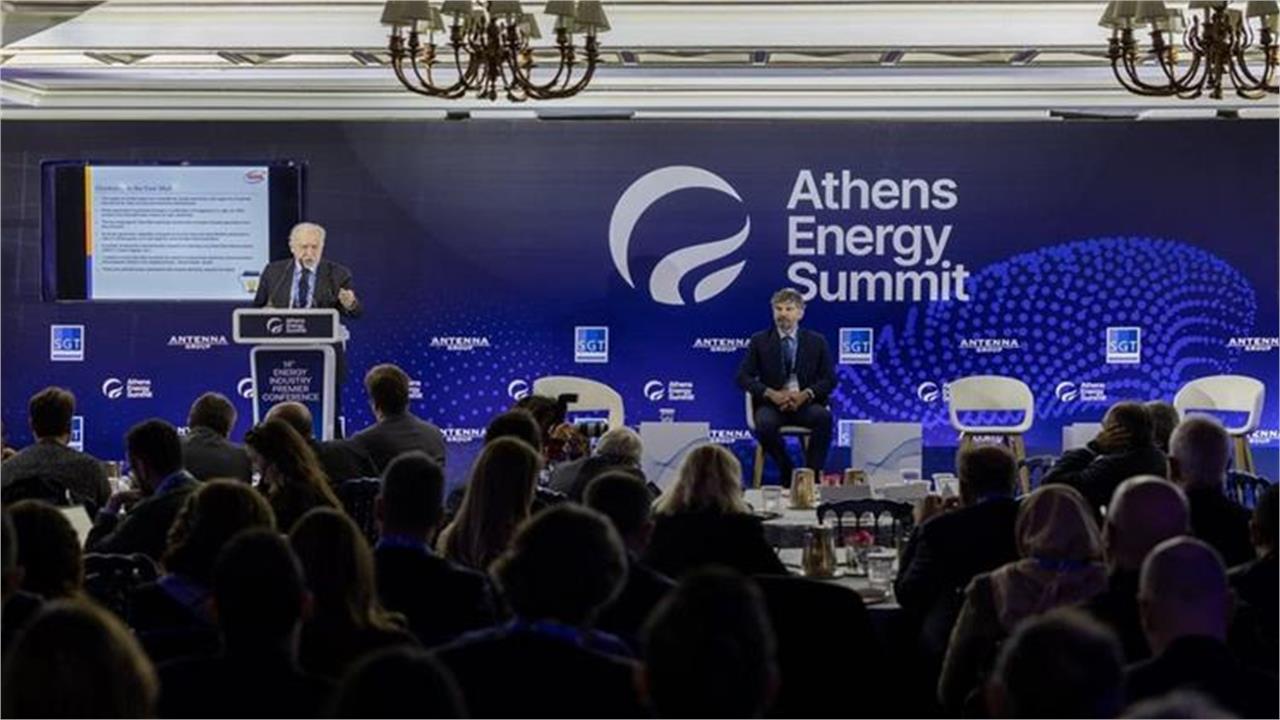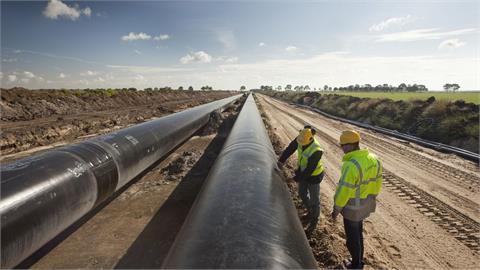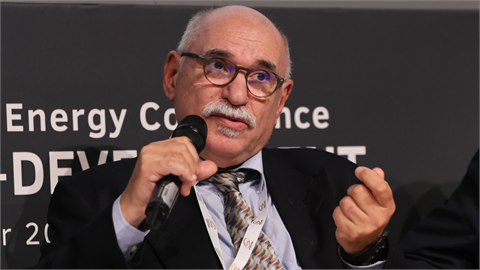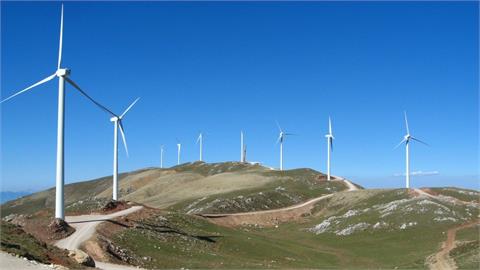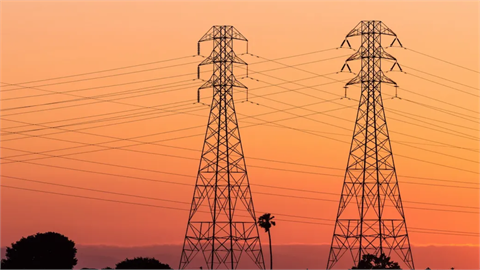Addressing a packed audience at the annual Athens Energy Forum, held in Athens on February 5, IENE’s Chairman and Executive Director, Costis Stambolis and Senior Researcher, Kostis Oikonomopoulos presented their initial findings from a year long study carried out by the Institute on the current and potential Energy Options in the East Mediterranean region. (see here for presentation)
The study takes a holistic approach to the energy issues in the region and examines a group of countries including Greece, Cyprus, Turkiye, Israel, Lebanon, Egypt and Syria. Although these countries have divergent characteristics in terms of their economies and social structures they do share common borders and have to deal with rising energy needs. A detailed analysis of those needs is included in the study together with an assessment of current and potential energy resources. Some of these countries, such as Israel, Cyprus and Egypt, may well have excess energy output in the near future which means that they can realise net energy export flows.
Apart from oil and gas the East Med region enjoys high levels of solar radiation, good wind regimes, geothermal fields and plentiful biomass which means that if properly developed they could cover a significant chunk of local energy needs. Already Greece covers more than 50% of its electricity demand and Turkiye almost 30%. The study also considers hydrogen as a future energy fuel together with nuclear with some countries far more advanced than others.
Regardless of its own, indigenous, energy resources and the positive outlook for their further development, the East Med region today serves as an important cross area for energy transmission to western energy demand centres. The expanded South Corridor is such a case with the TANAP-TAP gas conduit helping channel Caspian gas to main European markets via Turkiye, Greece, Albania and Italy. A new north-south and west - east electricity corridor is now under development as efforts are underway to link the European electricity grid to those in Asia.
The study concludes by underlining the huge geopolitical relevance of the East Mediterranean in terms of European energy security. An issue which is fast becoming paramount given the prolonged and bloody conflicts in the broader region. In this context the study considers Iran’s role in the region, as it continues to maintain its ambitions for a Shiite corridor reaching the Mediterranean, Saudi Arabia’s plans for a broader economic and security role in the Gulf and beyond and Israel’s immensely strengthened defence position, past Hamas’s and Hezbollah’s defeat in the latest armed conflict.
